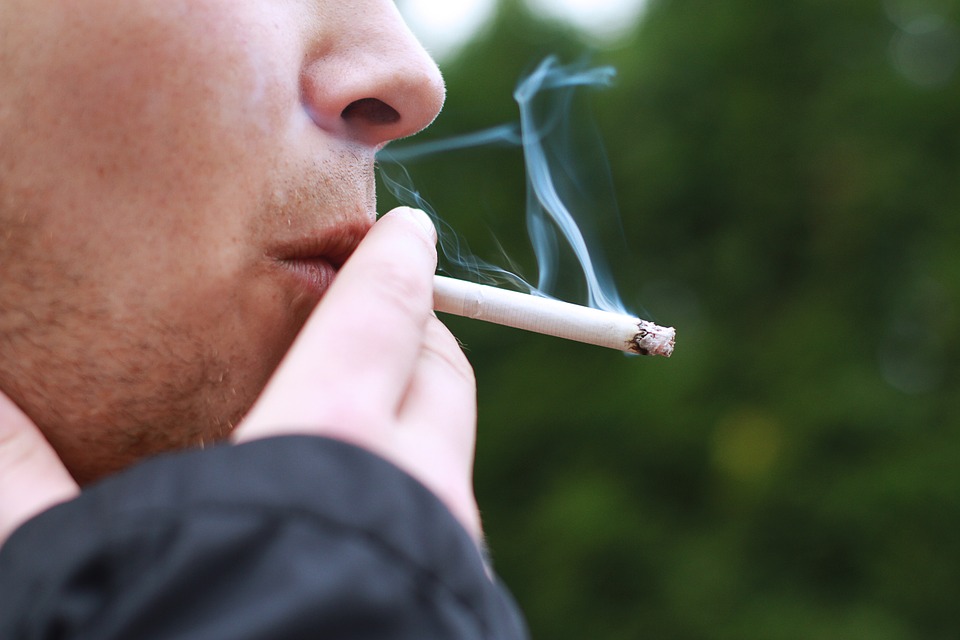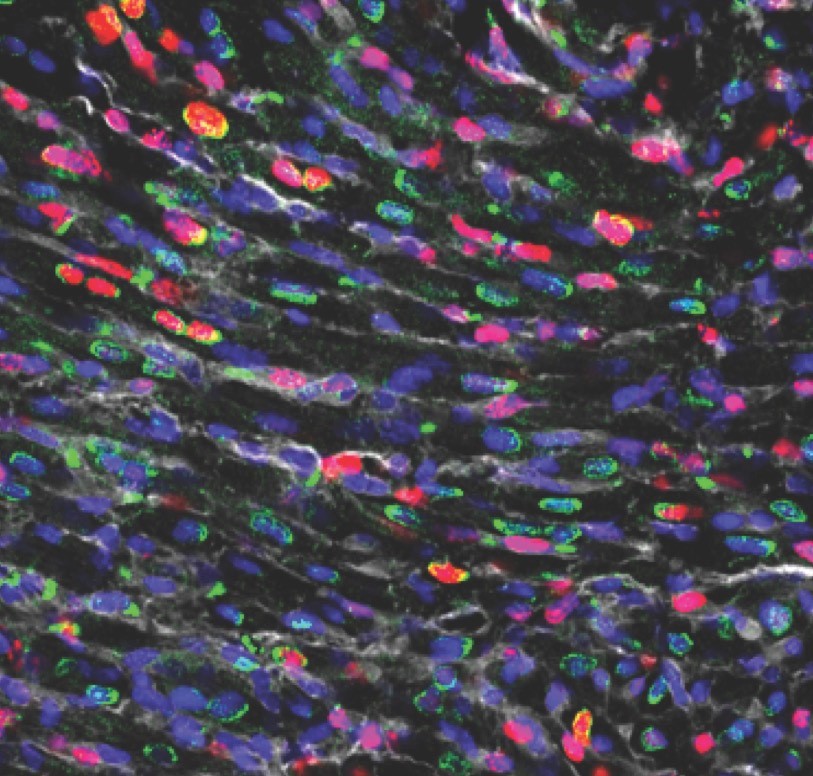News
-
The Province of Limburg has awarded a second tranche of subsidy of 2,040,000 euros to the 'Kennis-As' project LIME (LImburg MEet). LIME has proven itself in recent years as an accessible and interdisciplinary knowledge center and innovation platform for healthcare.
-
The only way to get enough people to quit smoking to achieve the goals of the National Prevention Agreement is to substantially increase the excise duty on tobacco products. This is the conclusion of research by Maastricht University (UM) on the price sensitivity of people who smoke cigarettes or...
-
Two talented young researchers from the Faculty of Health, Medicine and Life Sciences (FHML) at Maastricht University have won awards. Kim Kampen received the KNAW Early Career Award and Floor van den Brand has won the Catharina Pijls Dissertation Prize.
-
15 organisations involved in animal testing in the Netherlands have signed the Dutch Transparency Agreement on Animal Testing with a commitment to communicate in a more open way about how animals are used in research. This agreement was drafted by various Dutch researchers in collaboration with the...
-
Researchers from Maastricht University have enabled an epilepsy patient to hear through a laptop the word she was thinking of at that exact moment. This is an important step in research aiming to facilitate communication by people with severe speech impairments.
-
A miniscule area in the brain can help to identify an increased risk of Alzheimer’s disease at a very early stage, researchers from Maastricht University found. The locus coeruleus (LC), or blue spot, is hidden deep in the brainstem and can only be detected with advanced MRI equipment.
-
Scientists and cardiologists have known for decades that once a piece of heart muscle has died, for example due to a heart attack, it will never grow back. However, a research group from Maastricht University led by Professor Leon de Windt has now shown that by tinkering with microRNAs, heart muscle...
-
An international team of scientists has for the first time accurately mapped the metabolic highs and lows of life, from birth to old age. Many physiological changes are associated with growing up and aging, from puberty to menopause. However, this new study shows that the timing of our ‘metabolic...
-
Two UM researchers have each received a Rubicon grant from the Dutch Research Council NWO. This grant gives young and highly promising researchers the opportunity to gain international research experience.





